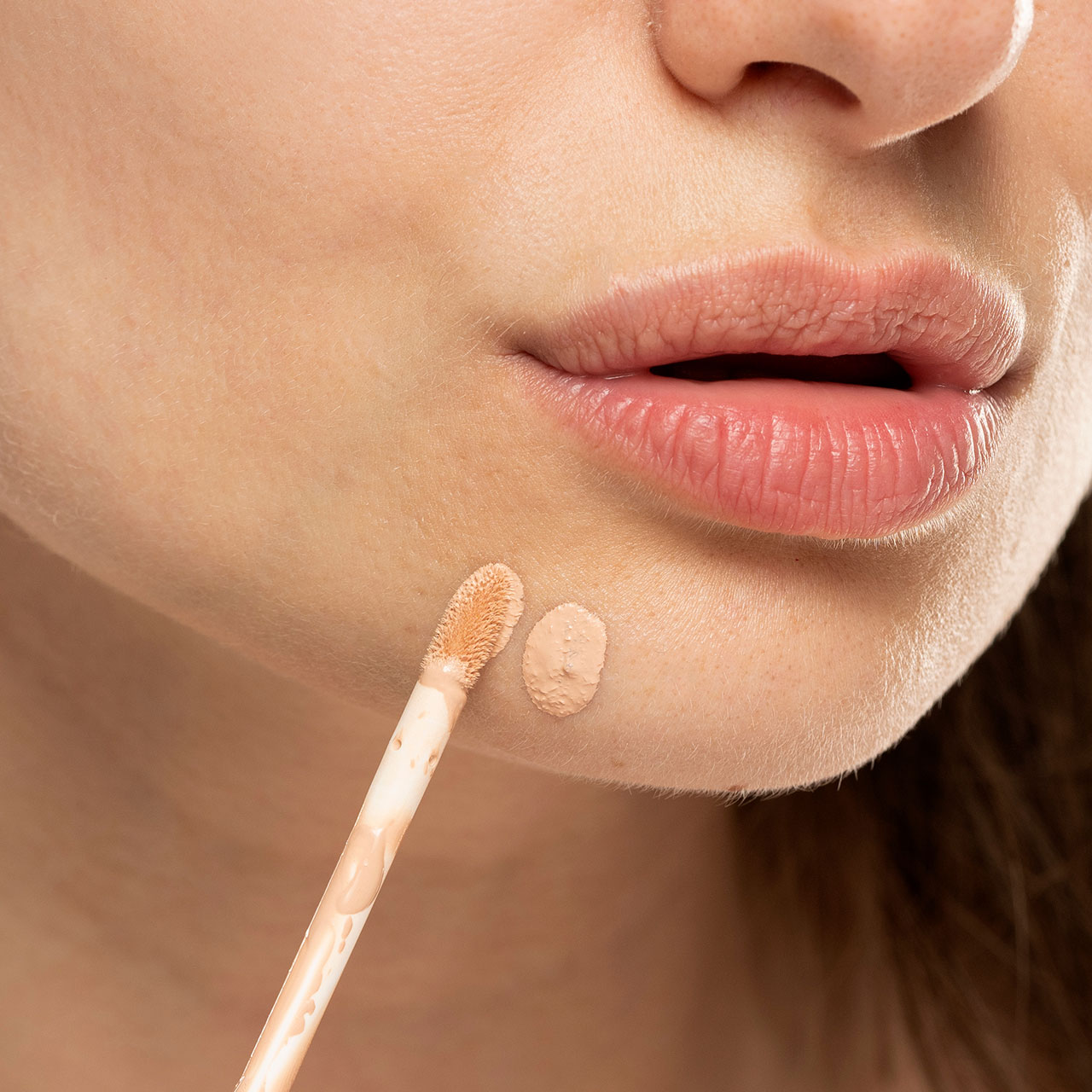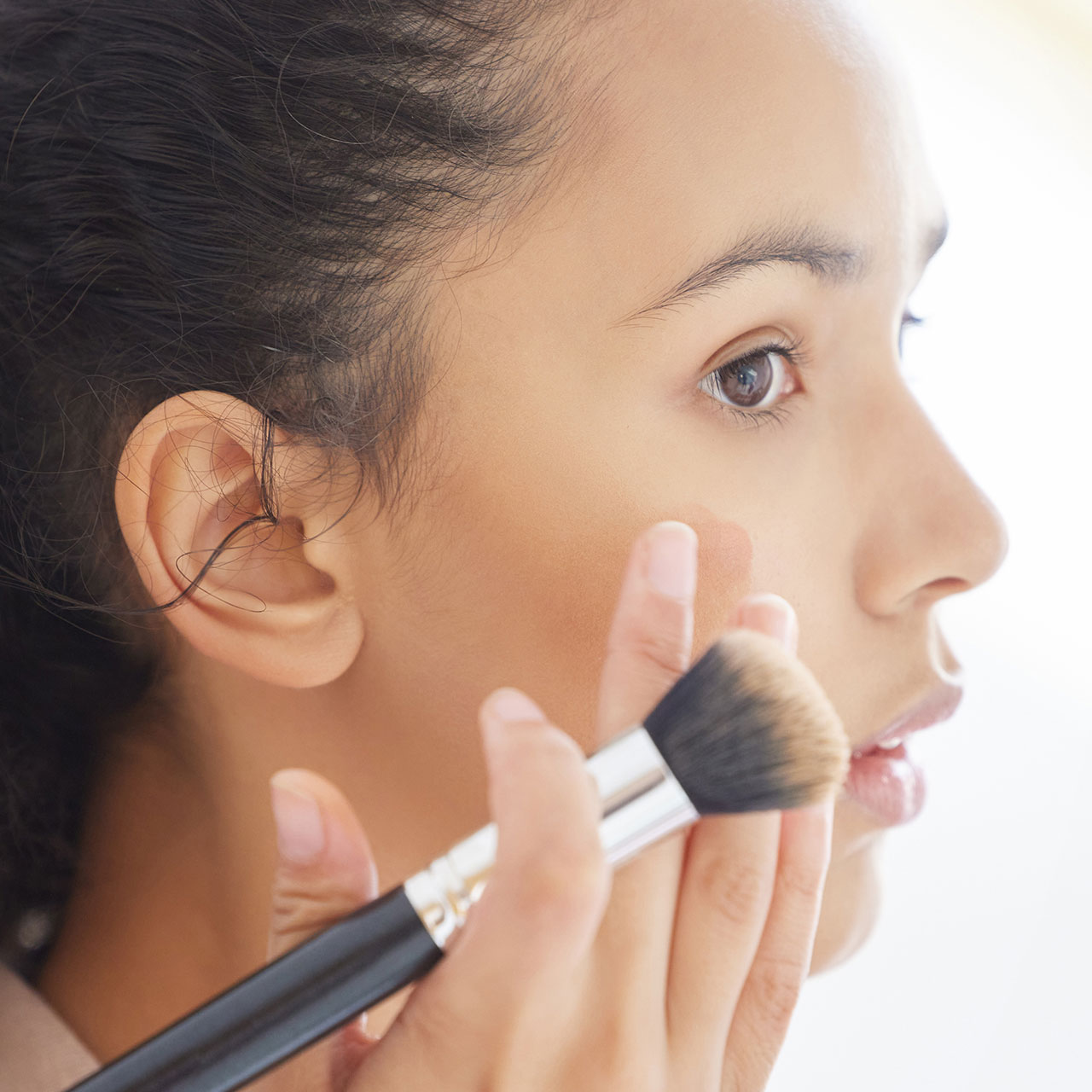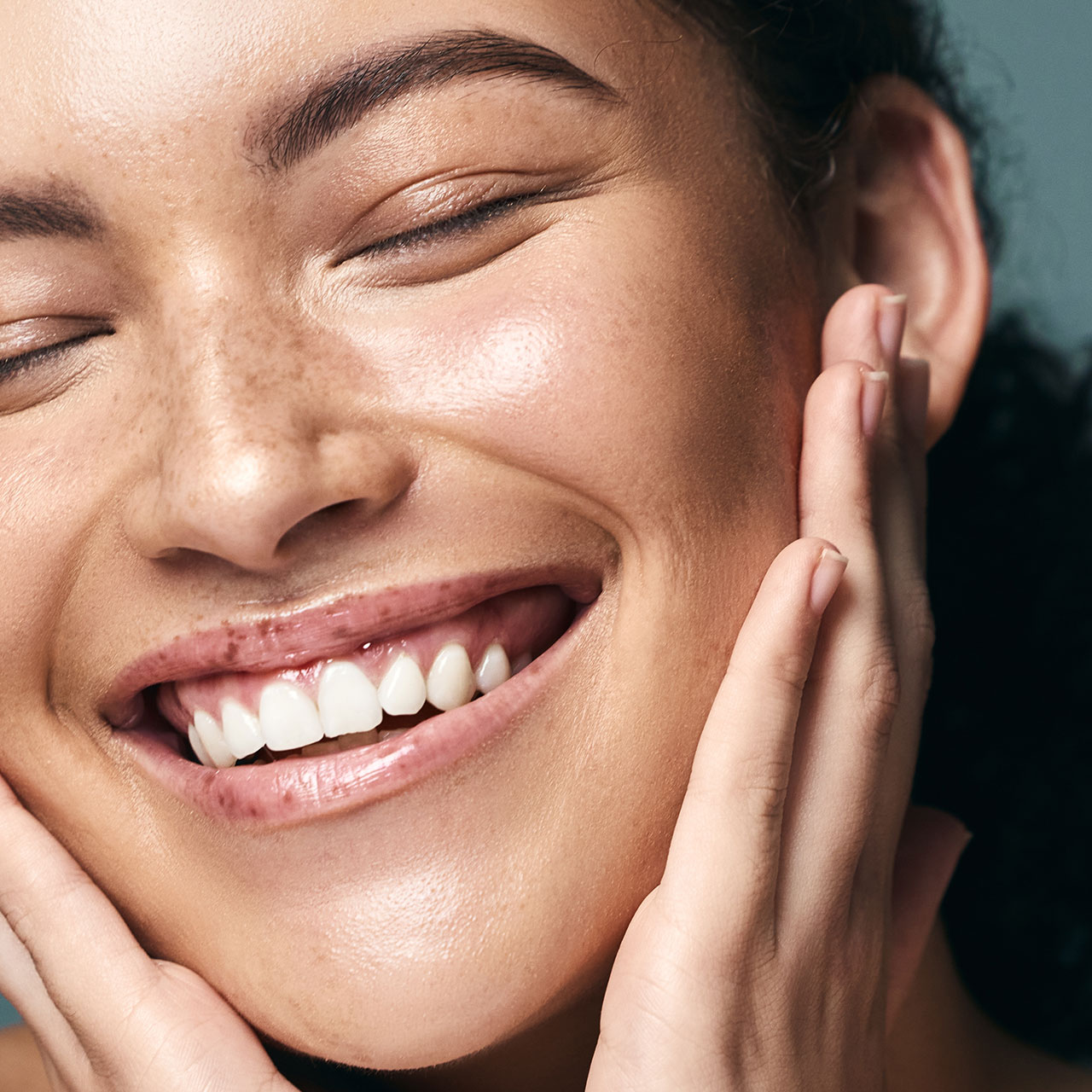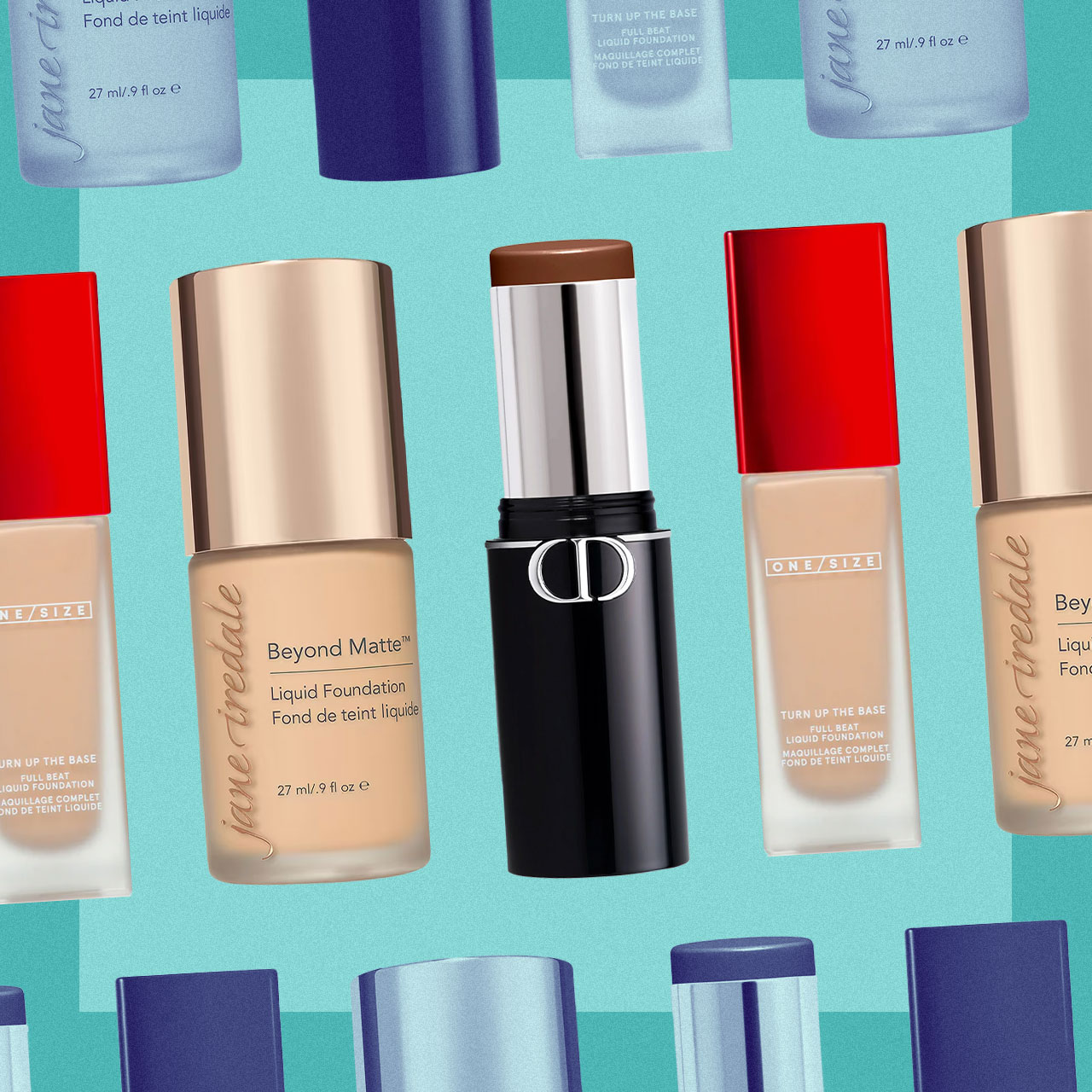Your skin is a window into your internal health —if something is going wrong on the inside, it will definitely show on the outside. That’s why skin issues can be so frustrating—while there are some topical things that can help, sometimes acne requires making a deep dive into your internal health to get to the root cause and heal. One thing that is commonly connected to skin issues like acne is diet. If you have an intolerance to a certain food that you eat regularly, it can lead to things like acne, eczema, and redness. We asked Saime Demirovic, founder of GloSpa, what one big mistake you may be making with your diet that could be making your skin worse.


Acne is typically caused by either an overproduction of oil glands (oily skin), or the shedding of dead skin cells that occurs at a faster rate (dry skin). Both of these can lead to the overproduction of bacteria, which can exacerbate acne. Besides that, two of the biggest causes of acne are stress and poor gut health.
“Gut” is a term used to refer to your digestive system—your gut controls a number of essential functions in the body, from toxin elimination to immunity to hormone adjustment. Your gut relies on the balancing of “good” bacteria to work at its best, and when that balance is disrupted it can lead to things like digestive dysfunction, lethargy, and even skin problems.
Your diet plays a major role in your gut health. “When suffering from acne or eczema, gut health is really important since there are foods that cause inflammation in our bodies which are pretty big triggers, so being on an anti-inflammatory diet is a must when trying to reduce symptoms.” Demirovic says. Some of the most common irritants are sugar and processed foods—these things feed “bad” bacteria, which causes it to grow and overpower the “good” bacteria.
“Eliminate processed sugar from your diet, which means no longer eating candy, cookies, and cakes made with sugar. Natural sugars can be less of an irritant but still be mindful when consuming anything with sugar. Wheat, Whey protein, dairy, fast food, or greasy food should also be avoided when trying to reduce inflammation.” A good rule of thumb is to avoid any food that is prepackaged, or contains ingredients you can’t pronounce.

If taking care of your gut is an essential component for healthy skin, what are some habits you can add to your daily routines? “Essentially, eating healthy and drinking lots of water are really important when trying to fix your skin. Avoid any foods that cause inflammation that can be contributing to acne or eczema.”
Two foods in particular that Demirovic recommends are sauerkraut and yogurt—both of these are rich in probiotics, which increase the production of healthy bacteria in your body. Besides this, things like meditation and exercise can also help—stress can make your gut health, and health overall, even worse. Finding time to relax and unwind is key for feeling your best. When you’re well rested and recharged, your skin will thank you.


























